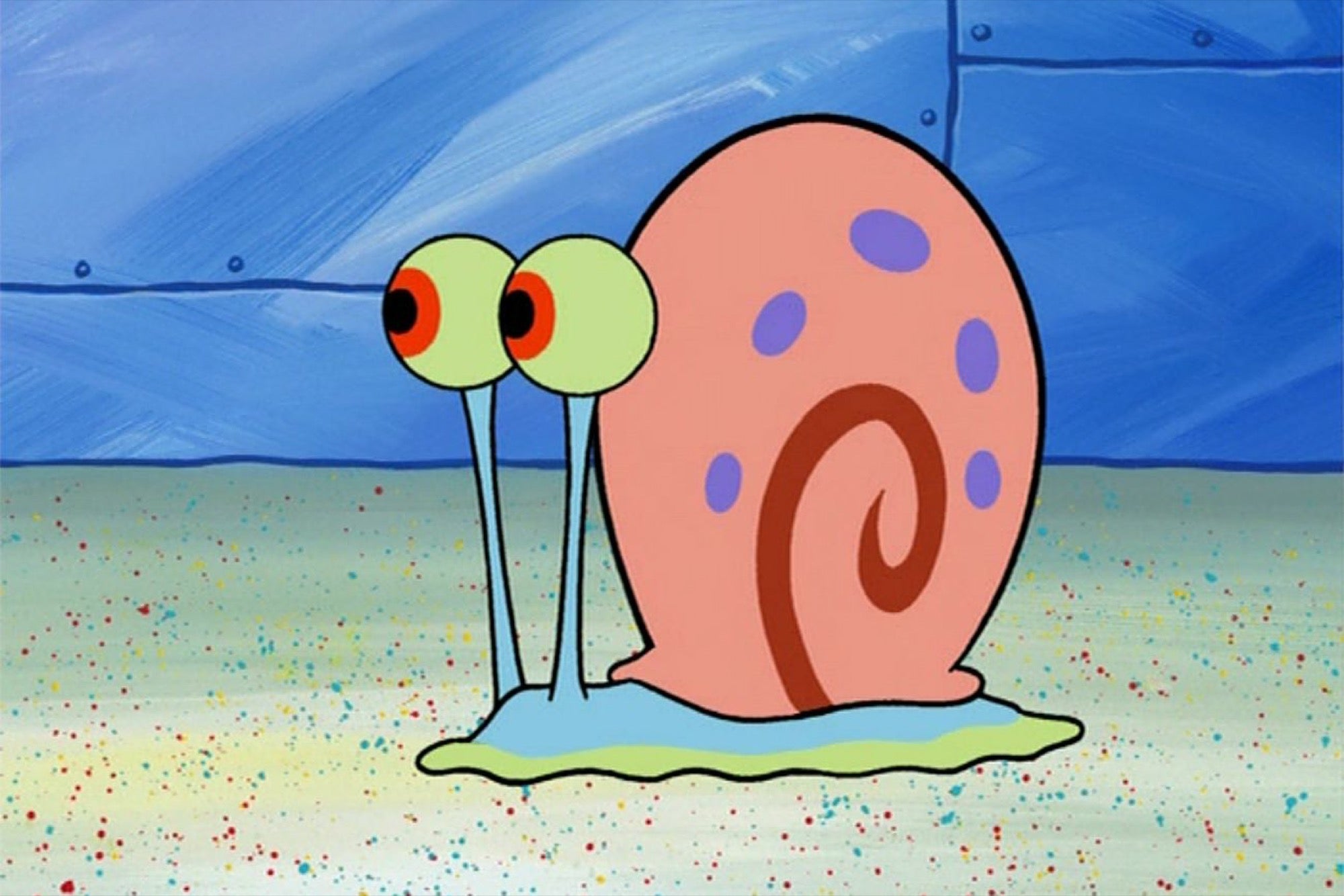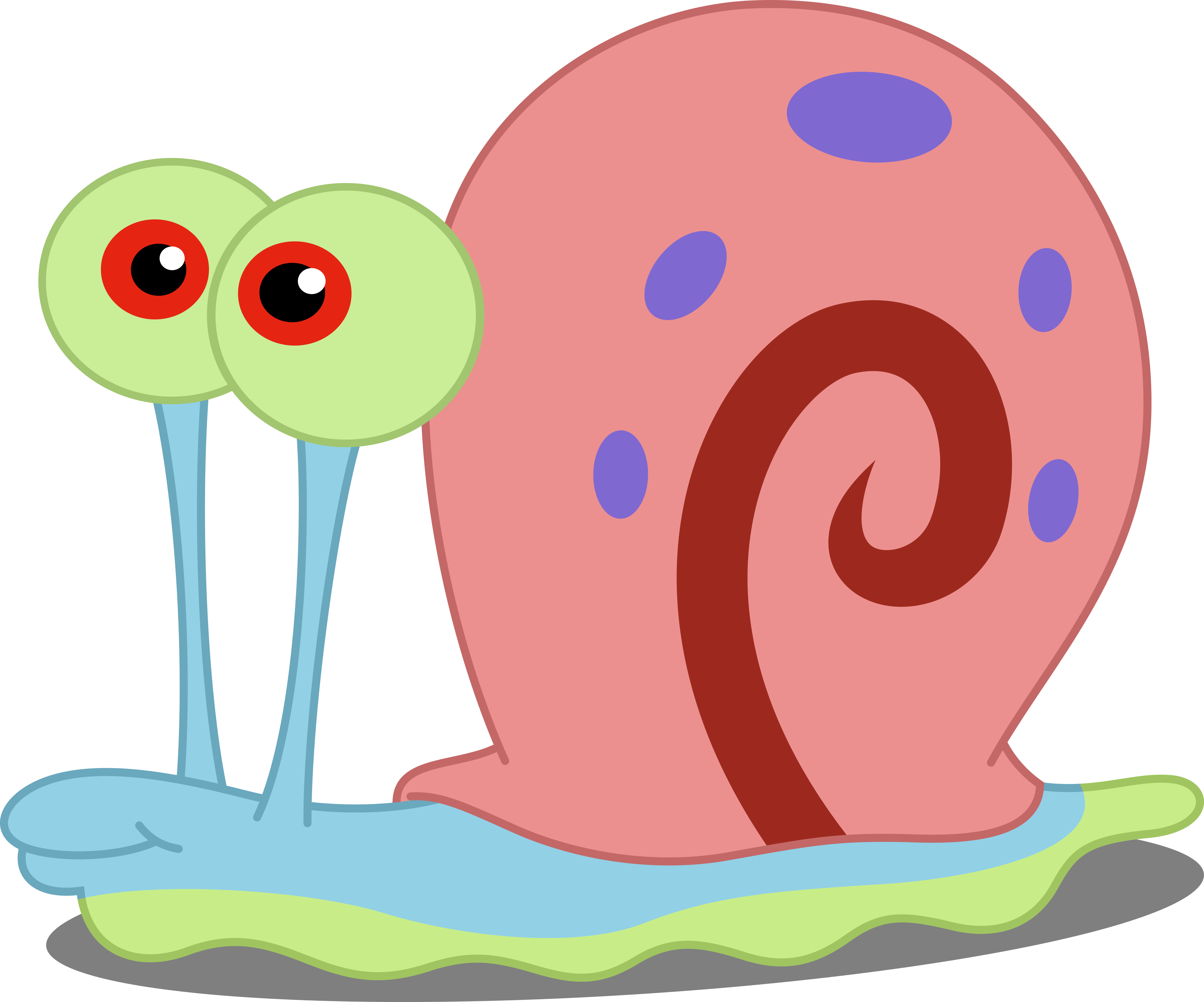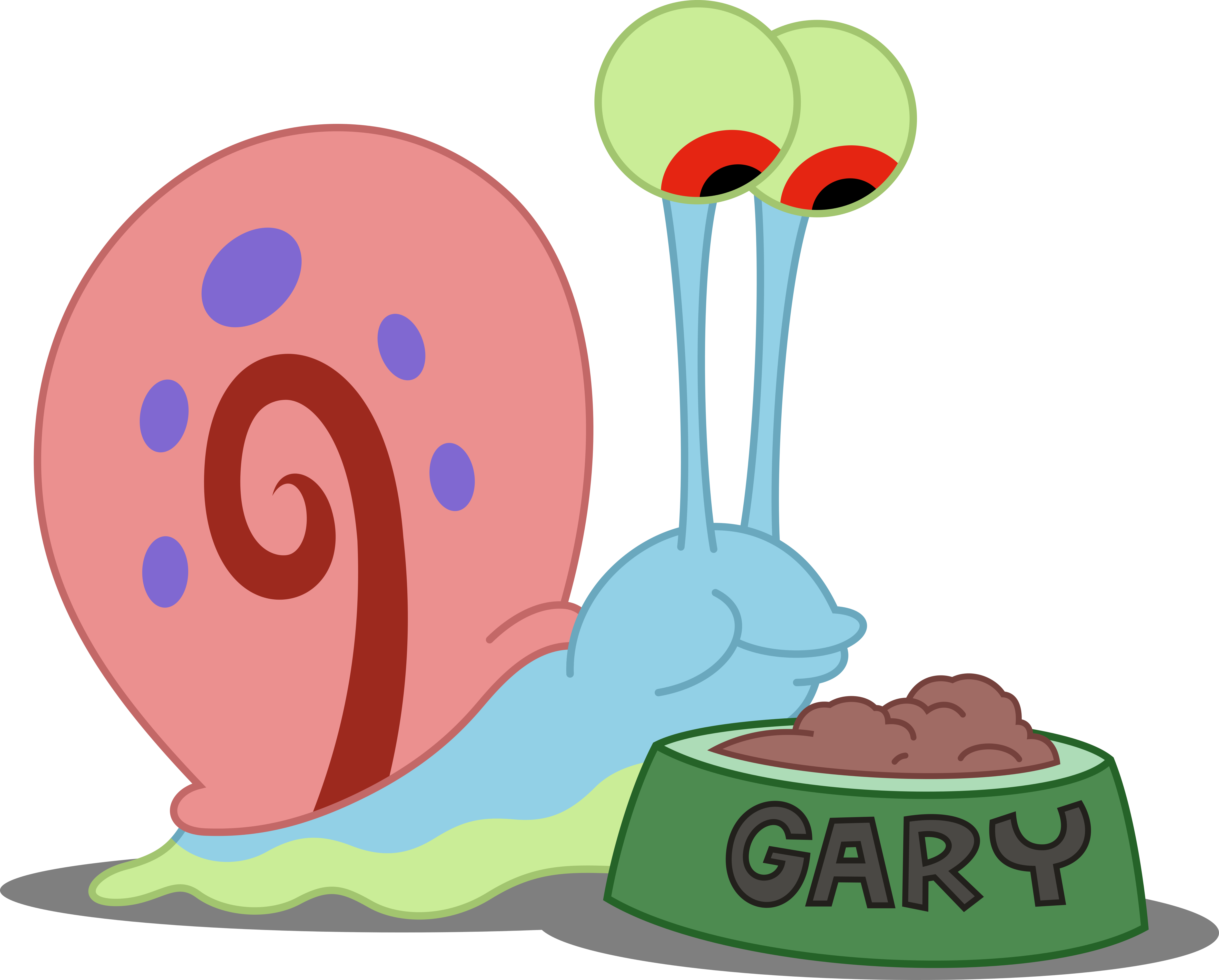Gary Oldman is a name that instantly brings to mind incredible acting, a true master of disguise and emotion on the big screen. Yet, there's a fascinating aspect of his career that often gets less attention: his work as a filmmaker. It's a journey that reveals even more about his deep connection to storytelling, and frankly, it's quite compelling.
For many years, we've seen Gary Oldman captivate audiences with his expressive acting style, taking on roles from the villainous to the heroic. He has this amazing ability to disappear into a character, making each one feel completely real, which is that, a rare gift. So, when someone with such a strong acting background steps behind the camera, it naturally sparks a lot of curiosity about what kind of stories they might want to tell.
Thinking about Gary Oldman as a director opens up a whole new conversation about his artistic contributions. It shows us that his passion for film goes beyond just performing. He's also interested in shaping the entire vision of a movie, which is something many actors aspire to, you know? It's a testament to his dedication to the art form, truly.
Table of Contents
- Biography and the Director's Chair
- Personal Details of Gary Oldman
- From Actor to Filmmaker: A Natural Progression
- The Actor's Eye: A Director's Advantage
- A Distinctive Voice Behind the Lens
- The Impact of His Directorial Work
- What the Future Holds for Gary Oldman, Director
- Frequently Asked Questions About Gary Oldman as a Director
Biography and the Director's Chair
Gary Leonard Oldman, born on March 21, 1958, in New Cross, London, England, has built a career that many actors only dream of. He's an English actor and filmmaker, known for his incredible range and intense acting style. People often say he's one of the best actors of his generation, and honestly, it's hard to disagree when you see his work, you know?
His early roles, like playing Sid Vicious in "Sid and Nancy," really showed off his ability to get deep into a character. He actually agreed to that part after the director asked him three times, which just shows his careful approach to choosing projects. He always puts his soul into every role he is offered, so it makes sense he'd bring that same level of commitment to directing.
Over the years, Gary Oldman has worked with some truly big names in film, like Francis Ford Coppola and Luc Besson. He even spoke about his experiences with Stanley Kubrick, describing him as a bit difficult to work with, involving Harvey Keitel in one of those stories. These experiences, you could say, probably gave him a unique view of how films are made, which would be really useful for a director.
- Julius Erving Net Worth
- Jason Mewes Net Worth
- Candace Parker Net Worth
- Sam Heughan Net Worth
- Nick Cannon Net Worth 2024
Personal Details of Gary Oldman
| Detail | Information |
|---|---|
| Full Name | Gary Leonard Oldman |
| Born | March 21, 1958 |
| Birthplace | New Cross, London, England, UK |
| Nationality | English |
| Occupation | Actor, Director, Screenwriter, Producer |
| Known For | Versatility, intense acting style, chameleonic ability |
| Notable Films | JFK, The Dark Knight, Darkest Hour, Slow Horses, Sid and Nancy, Bram Stoker's Dracula, The Fifth Element, Batman Begins, Hannibal, Léon: The Professional |
| Accolades | Includes an Oscar |
| First Starring Film Role | Meantime (1983) |
From Actor to Filmmaker: A Natural Progression
For someone like Gary Oldman, who is celebrated for his chameleonic ability to embody characters ranging from quiet types to outright villains, moving into directing feels like a very natural step. An actor of his caliber spends years observing how directors work, how stories are constructed, and how performances are drawn out. This kind of hands-on experience on countless sets is, in a way, like attending the best film school imaginable.
His filmography, which includes credits as an actor, director, and screenwriter, shows a broader interest in the filmmaking process. He's not just someone who shows up to say lines; he's invested in the entire creative output. This makes his contributions behind the camera particularly interesting to people who follow film, honestly. He's been involved in so many different kinds of movies, which must give him a broad perspective.
You see, when an actor with his reputation for putting his "soul into every role" decides to direct, it suggests a very personal vision. It's not just about getting a job done; it's about telling a story that truly matters to him. That kind of deep personal connection can often lead to films that feel incredibly authentic and powerful, which is what audiences often look for, you know?
The Actor's Eye: A Director's Advantage
Gary Oldman's extensive background as an actor gives him a unique perspective when directing. He knows what it's like to be on the other side of the camera, to feel the pressure, and to need guidance. This deep understanding of performance can be a significant advantage for a director, as they can communicate with actors on a different level, like your, a more intuitive one.
His own "edgy, intense style" as a performer likely influences the kind of stories he wants to tell and how he tells them. A director with such a distinct artistic voice can create films that stand out, films that really grab you. Think about his roles in "JFK" or "The Dark Knight"; they show a willingness to push boundaries, and that spirit could very well carry over into his directorial work, too it's almost.
Having worked with legends like Francis Ford Coppola, a director he once called a "real artist," surely shaped his own views on filmmaking. Learning from the best, seeing different approaches to storytelling, and experiencing various set environments would provide an actor-turned-director with a rich toolkit. It's like collecting wisdom from many different masters, you see.
A Distinctive Voice Behind the Lens
When we talk about Gary Oldman as a director, we are discussing a filmmaker who brings a singular perspective to the craft. His intense acting style and ability to completely transform for a role suggest a deep interest in the human condition, particularly its darker or more complex sides. This naturally translates into a directorial approach that might be raw, honest, and unflinching, you know?
The fact that he is also credited as a screenwriter means he has a hand in crafting the narrative from the very beginning. This complete creative control, from writing the words to guiding the performances, allows for a truly personal expression. It's not just about interpreting someone else's script; it's about bringing his own stories to life, which is really something special.
His experiences, like recounting tales about working with Stanley Kubrick or Luc Besson for "Léon," give us glimpses into the kind of directorial environments he has been part of. These interactions, whether challenging or inspiring, would undoubtedly shape his own philosophy on leading a film set and guiding a creative team. It’s like, he’s seen it all, and now he gets to apply that knowledge, sort of.
The Impact of His Directorial Work
While Gary Oldman is most widely celebrated for his acting achievements, including an Oscar, his work as a director adds another layer to his artistic legacy. Any film he directs carries the weight of his reputation for quality and depth. This means audiences and critics often approach his directorial efforts with a certain level of expectation, and rightfully so, as a matter of fact.
A film directed by Gary Oldman would likely reflect his commitment to authenticity and his knack for powerful character studies. Given his background in playing such varied and often challenging roles, his directed films might explore similar themes of human struggle, resilience, or transformation. It's about getting to the core of what makes people tick, apparently.
His venture into directing shows that he's a true artist, someone who wants to tell stories from every angle. It's a significant step for any actor to take, moving from being the subject of direction to being the one giving it. This move solidifies his standing not just as a performer, but as a comprehensive storyteller in the film world, which is quite impressive.
What the Future Holds for Gary Oldman, Director
As Gary Oldman continues to grace our screens with his remarkable acting in projects like "Slow Horses," the question of his future directorial endeavors remains an exciting one. Will he step behind the camera again? What kind of stories would he choose to tell next? These are questions that film enthusiasts often ponder, you know, because his creative vision is so distinct.
Given his versatility and intense acting style, any new directorial project from Gary Oldman would undoubtedly be something worth watching. It would offer another chance to see his unique perspective brought to life, not just through his performance, but through the entire cinematic experience. It's like getting a glimpse into his creative mind, really.
His continued presence as one of the most celebrated thespians means that his insights into character and narrative are always evolving. This constant artistic growth suggests that any future film he directs would be mature, thoughtful, and deeply impactful. We can only hope that he decides to share more of his directorial vision with the world, which would be just a little wonderful.
Frequently Asked Questions About Gary Oldman as a Director
Here are some common questions people have about Gary Oldman's work behind the camera:
Did Gary Oldman direct any movies?
Yes, Gary Oldman is indeed an English actor and director. He has been credited as a director in his filmography, showing his involvement in filmmaking beyond acting, apparently. You can learn more about his work on our site.
What kind of films does Gary Oldman direct?
Gary Oldman, known for his edgy and intense acting style, brings a similar depth to his directorial work. While the provided text mentions him as a director and filmmaker, it doesn't detail specific film titles he directed. However, given his background, it's fair to expect his directed films to be character-driven and perhaps explore complex human experiences, you know, very much like his acting roles.
How does Gary Oldman's acting experience influence his directing?
Gary Oldman's extensive experience as an actor, having worked with acclaimed directors like Francis Ford Coppola and Luc Besson, undoubtedly shapes his directorial approach. He understands the acting process deeply, which allows him to guide performances with a unique empathy and insight. This means he can likely get the best out of his cast, which is a pretty big deal for a director, actually. You can find more information about his film career here.
Related Resources:



Detail Author:
- Name : Lelah Doyle
- Username : corkery.elsa
- Email : lang.hildegard@schumm.com
- Birthdate : 2001-01-25
- Address : 274 Rodriguez Dale New Arjun, TN 12627
- Phone : 1-930-831-9515
- Company : Brown, Legros and Huels
- Job : Maintenance Equipment Operator
- Bio : Perspiciatis ea dolores aut placeat quod magnam. Temporibus aliquid aperiam excepturi rerum id nostrum.
Socials
twitter:
- url : https://twitter.com/nikolas5484
- username : nikolas5484
- bio : Voluptas itaque quis ea numquam qui numquam sit. Et quo recusandae modi qui dignissimos et libero et. Quisquam ut rerum saepe et veniam atque.
- followers : 1981
- following : 2406
linkedin:
- url : https://linkedin.com/in/funk1991
- username : funk1991
- bio : Ut debitis magni possimus tempore nam nemo.
- followers : 5906
- following : 1028
facebook:
- url : https://facebook.com/nikolas_funk
- username : nikolas_funk
- bio : Animi molestias et et corrupti. Nihil explicabo laudantium qui et qui.
- followers : 6554
- following : 309